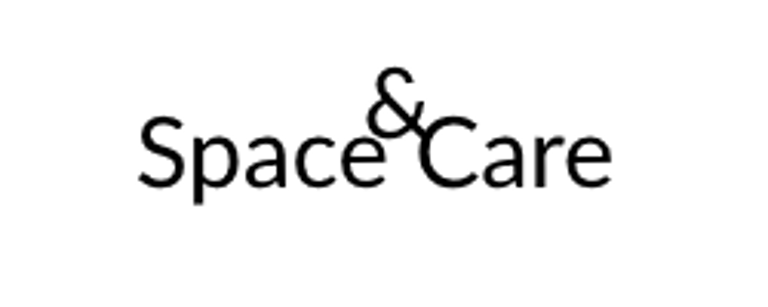Let Babies Explore
Babies, even the littlest ones, are constantly learning. So letting them explore as opposed to "container hopping" does wonders for their development. This post also encourages parents to take their role as primary educators to heart and play with their children.
CARE
Nicole Lasam
4/22/20253 min read


I stumbled upon an old article printed in The Observer through the archives posted on The Guardian. The gist of the story—written in 1974—is that UK parents did their babies a disfavor by putting them in "cots or prams" which were "trappings of affluence" that—while safe—inhibit the babies' exploration of their immediate surroundings. What happened in 1974 was that babies got so bored in their confined space that they ended up sleeping... and missing the chance to move those muscles and exercise their mind.
I'm amused that the problems from 1974 are the same today, except there are even more "trappings of affluence" for babies and children nowadays. (I'm also looking at you, screentime.)
Container hopping
In fact, today there are so many products in which you can contain the baby that even pediatric occupational therapist Emma Hubbard has a term for it: container hopping. Container hopping is just what it sounds like... putting the child from one container to the next so that they stay out of danger (and out of the parents' hair).
Hubbard, in a video she posted entitled "New Parent Mistakes That Can Lead to Developmental Delays," sees the value of using these contraptions but she underscores the need to ensure that the baby is out of them for longer than the confinement time (about 15 minutes, she suggests).
The struggle is real
I write this at a time that my own baby is strong enough to sit up on his own and pull himself out of his crib. Whenever I leave him sleeping there (we took off the crib's legs so it's on the floor now, like a play pen), I know what it's like to worry if he's still asleep in there, and to wish that he can be quietly sleeping for a stretch of time longer just so I can get the dishes (or the laundry, the cooking, the tidying up, etc.) out of the way. So believe me, I know the itch parents get to contain the baby.
But at the same time, when I watch my little one play on the floor, I see the sparkle in his eyes when he sees and reaches out for something new. Interacting with his three older siblings, he coos and aahhs as if he's telling them actual things while trying to grab the toys they show to him. There really is something to allowing the child to rove on his own in a safe environment with supervision (or better yet, interaction).
Yes, interaction
Playing with your baby is just as important (if not more) in creating a bright and cheerful home as is doing the chores, redecorating the space, and bringing home the bacon. Play is the children's occupation: they learn alot through it. And playing with parents helps babies to learn from their first educators—because that's what parents are.
What I'm trying to say is that parents would do better to put effort in not delegating the education of their little ones to others—especially if those others are non-living containers. So play with them, communicate, see how they express delight, sorrow, frustration... because it's a good way to teach them and learn from them at the same time.
And reiterating that oft-repeated advice (it has reached cliche status by now): babies grow up so fast. Delegating the job is a blink-and-you'll-miss it situation. We parents need a constant reminder to live in the present, when our little ones are making their first steps and formulating their first words... and not in the future with all the maybes it brings. Because the things we do today are the memories we will look back on tomorrow. I don't know with you, but I don't want mine to be filled with images of me lugging my kids around in a container!
